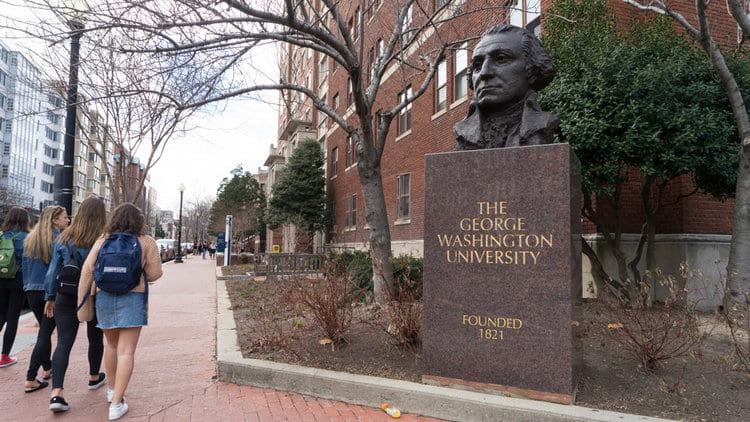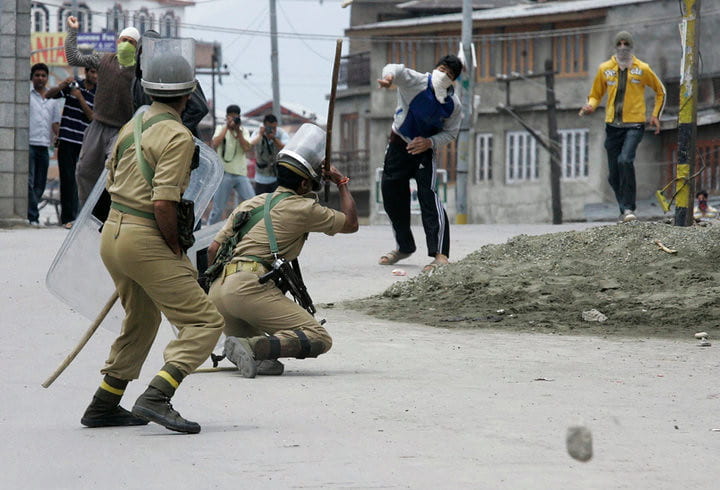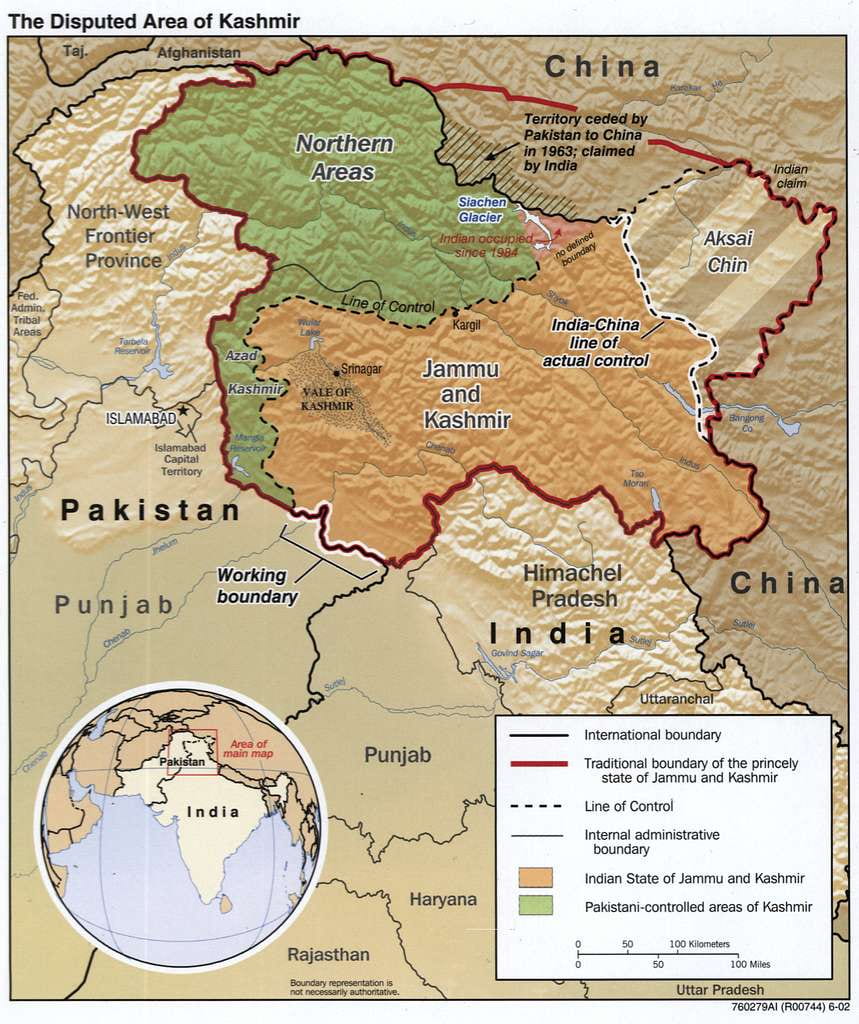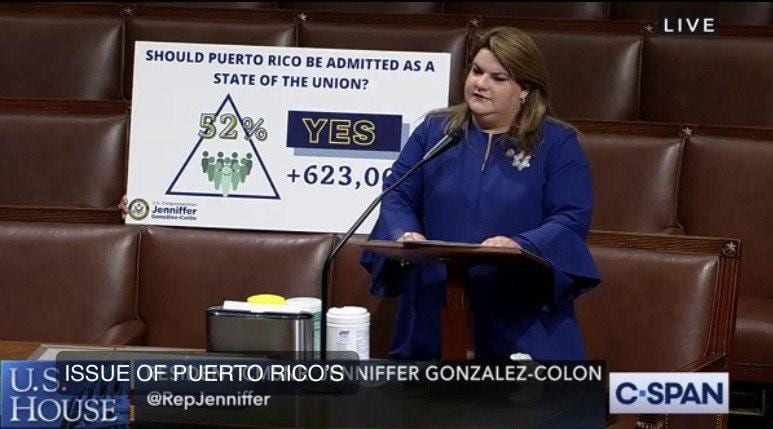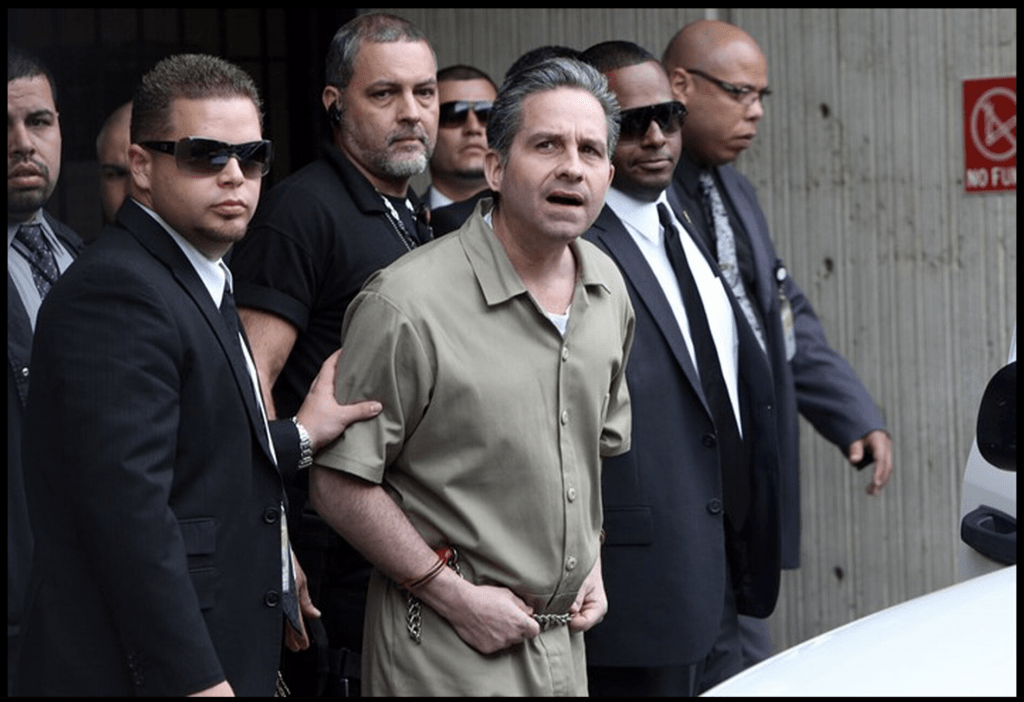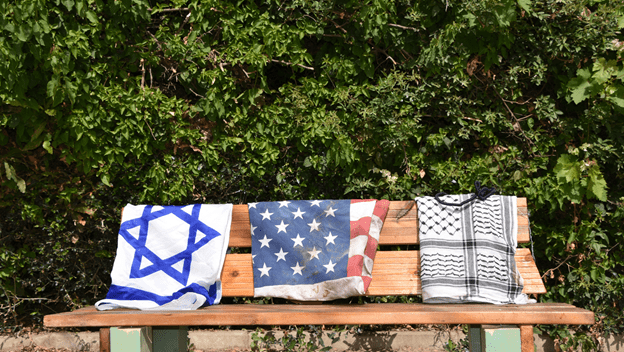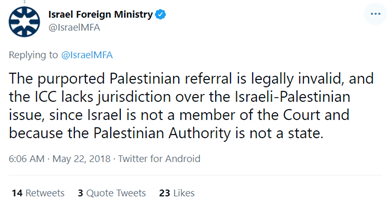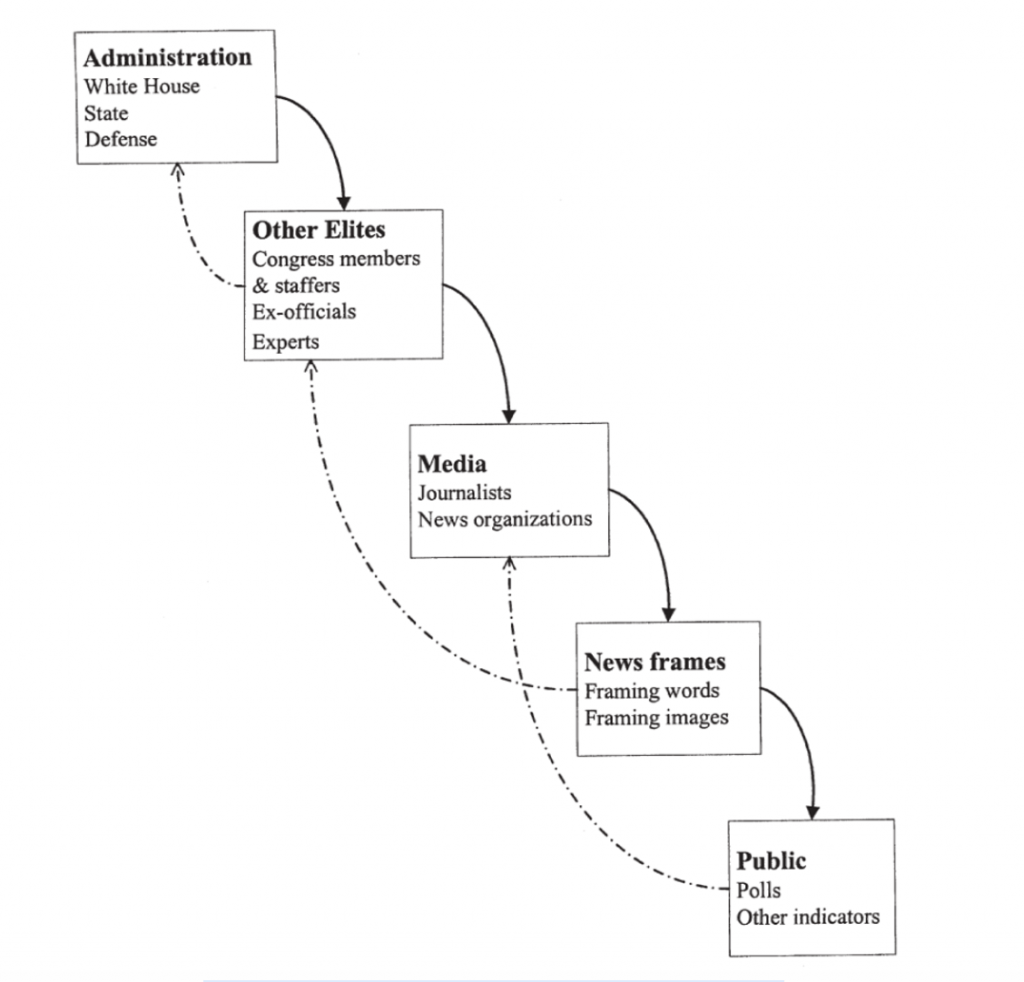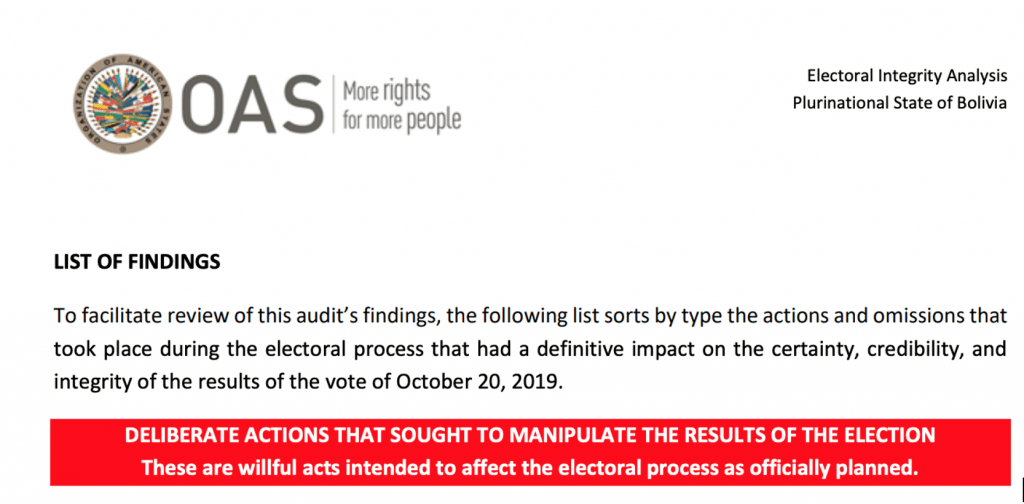By Benjamin Gutman, MA Global Communication ’22
It’s three weeks after the U.S. presidential election and policy analysts in every field are scrambling to give experts and the general public alike optimism regarding the future under a new administration. This is particularly true when it comes to immigration. Lawyers, judges, and policy advocates pushing for immigration reform find themselves at the culmination of a long fight against a brutally discriminatory U.S. immigration apparatus. Violent human rights abuses against immigrants have not only resulted in death and trauma on U.S. soil, but also lasting damage to U.S. legitimacy abroad. Looking forward, advocates for immigrant justice are struggling to convey hope to an increasingly hopeless community.
Current Analysis from the Non-Profit Sector
There is a clear consensus among progressive immigration policy analysts that the Trump administration has engaged in a brazen, regressive, and often illegal anti-immigrant campaign which has resulted in widespread human rights violations. Trump’s “Remain in Mexico” policy, effectively upheld by a conservative-controlled Supreme Court, infringes on the legal right of asylum-seekers to find refuge in the United States, putting tens of thousands of immigrants at risk of violence in dangerous border encampments. The “Zero-Tolerance” policy implemented in 2018 instructed U.S. Customs and Border Protection (CBP) agents to separate children from their families to facilitate federal criminal prosecutions, leaving nearly 3,000 children detained without their parents. Even as Trump’s lame duck period unfolds, his administration is moving rapidly to implement harmful regulations designed to eviscerate the asylum system and inch baseline protections months, if not years, away from restoration.
However, questions remain as to the extent to which the Biden administration will prioritize immigration policy, especially in the likely event of a divided Congress. Biden has pledged a 100-day moratorium on removal of undocumented immigrants and a change in U.S. Immigration and Customs Enforcement (ICE) arrest and detention priorities. According to the campaign website, the Biden-Harris administration will end prolonged detention and invest in an upgraded non-profit case management program to support migrants awaiting court hearings through monitored check-ins rather than forced internment. However, absent from the plan are details regarding whether case management will replace detention for all migrants or only targeted groups like families and unaccompanied minors. Other pledges include the protection of 800,000 DACA holders and an executive order reversing the Muslim travel ban.
While these commitments promise to move the needle back to the Obama-era status quo, many question whether this will, in fact, bring a sense of humanity to a system built on dehumanizing practices. After all, the Obama administration deported more immigrants than than any other presidential administration, condoned long term detention of migrant families, and housed migrant children in temporary camps on military bases. While the administration eventually replaced many of these practices, voluntarily or under court order, the Biden administration cannot afford a time lag when it comes to correcting the human rights abuses of past administrations .
Analysts remain concerned that slow progress and a lack of ambitious, comprehensive immigration reform could result in continued racial targeting of the immigrant community. Central to this concern lies the U.S. government’s continuous violation of international human rights agreements, specifically the 1951 Convention Relating to the Status of Refugees and the 1967 Refugee Protocol Relating to the Status of Refugees. In 1981, Ronald Reagan directed the U.S. Coast Guard to intercept asylum-seeking Haitian migrants found outside U.S. territorial waters and return them to Haiti. In 1992, George H. W. Bush issued an executive order allowing the U.S. Coast Guard to repatriate all Haitian migrants without the possibility of applying for asylum. In July 2014, the United States, facing a surge in child migrants arriving from Central America, pressured the Mexican government to implement “Programa Frontera Sur”. This program violated the principle of non-refoulement or the prohibition of returning a refugee to a territory in which his or her life and/or freedom is threatened. The US, which helped finance Programa Frontera Sur, is responsible for aiding and abetting Mexico’s refoulement violations.
In March 2020, the Center for Disease Control and Prevention (CDC), in coordination with the Department of Homeland Security (DHS), shut down the border for all non-essential travelers including asylum-seekers. The Trump Administration has used this as an excuse to expel over 150,000 migrants (9,000 unaccompanied minors), many of whom remain in Mexico under constant threat of kidnapping, assault, and infection in border slums. President-elect Biden seeks to end the “Remain in Mexico” policy and send asylum officers to the border. These asylum officers are more likely to conduct legitimate credible fear assessments than have immigration enforcement officials, thereby allowing more asylum seekers into the U.S.
However, in the midst of the coronavirus pandemic, Biden has yet to firmly commit to allowing all asylum seekers who demonstrate credible fear back into the US to await asylum determination hearings without penalty or forced detention, as mandated by Article 31 of the 1951 UN Convention and the Refugee Act of 1980. Failure to do so would give legitimacy to the CDC and DHS’s weaponizing of the coronavirus to shut land borders (not tourists arriving by plane or ship), expel asylum seekers, and in the process, fail to further protect public health. The CDC justifies this order through health risks in “congregate settings” of CBP border detentions, but fails to consider paroling asylum seekers, addressing health crises in hundreds of overcrowded detention facilities, or the damaging chain-affect on public health of deporting infected immigrants back to Central America.
Restoring U.S. Legitimacy in Public Diplomacy
Critical to the United States’ restoration of its legitimacy as a defender of democracy, rule of law, and human rights is its response to four years of continuous racism and violence against the people that make America unique — immigrants. A gradual roll-back of Trump-era immigration policies may not be enough to restore the United State’s coveted reputation as the global defender against tyranny and authoritarianism. Egregious violations of human rights including the “Remain in Mexico” policy, the mass detention of immigrants in COVID-infested prisons, and non-refoulement violations all breach international law. This has only added to the growing global view of the U.S. as hypocritical. Why should Greece feel the need to stop violent abuse against interned Middle Eastern migrants if the U.S. continues to imprison Hispanic and African immigrants on a massive scale?
The Biden administration’s immigration policy decisions during its first months are not only critical to the well-being of the immigrant community, but determinative of the ability of the U.S. to overcome its reputation of hypocrisy and effectively advocate for human rights protection around the world. Commentators in the U.S. and abroad are skeptical and question the ability of Congress to enact an aggressive overhaul of the current immigration system. However, despite a contentious partisan divide in Congress, the Biden Administration must make strides towards reparative justice and transformational systemic change. Progressive proposals offer a path.
This agenda includes a push to defund institutions that have criminalized migration on a massive scale. The incoming administration must cut ICE’s $8.8 billion budget and the CBP’s massive $18.2 billion budget. Biden must clean out DHS officials loyal to a politically-charged offensive against immigrant rights. This includes a push to pass the “New Way Forward Act”, that protects individuals in DHS custody. Similarly, the “Dignity for Detained Immigrants Act” would reduce the number of private detention facility contracts and drastically decrease reliance on detention in general. Furthermore, the Biden Administration must allow all previously expelled asylum-seekers back into the U.S. under a paroled shelter-in-place with relatives or in a humane alternative to government-run detention facilities, while they quarantine and await asylum determination hearings.
Ending the mass incarceration and criminalization of Black and Brown immigrants in the United States is of vital importance to the protection of domestic and international human rights. The U.S. has the potential to significantly influence international migration and human rights policies by working with international institutions like the U.N. to hold nations accountable for abuses. Endorsing common-sense international agreements like the U.N. Convention on the Rights of Child and the U.N. Global Compact on Migration is obvious. However, defying international law, ignoring systemic problems, and failing to address the intensity of this crisis with an equally intense response, will further tarnish the United States’ international reputation as a safe haven for refugees worldwide.
The opinions expressed in this blog are those of the author. They do not express the views of the Institute for Public Diplomacy and Global Communication or the George Washington University.



